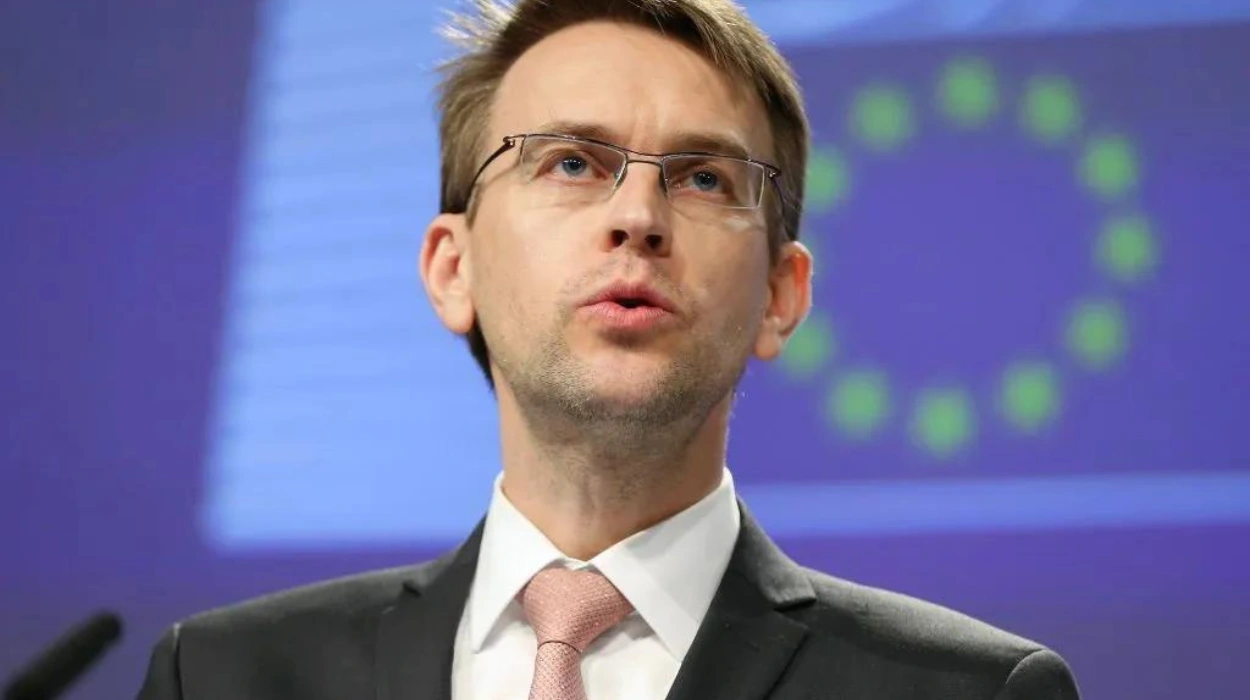Europe (Washington Insider Magazine) – The European Union has indicated that it could tighten sanctions against Kosovo because it considers the Kosovo government is acting unilaterally which increases tensions in the region. EU spokesman Peter Stano stressed that the situation has not changed since the first sanctions were imposed in June last year, thus, Pristina continues to carry out actions contributing to regional instability. Stano called on the Kosovo government to follow the advice of its Western allies t avoid further consequences.
Stano explained that the original sanctions were imposed due to escalating tensions in the region. Despite the expectation of de-escalation, the Kosovar government continued to take unilateral steps that exacerbated the situation. He warned that these sanctions, which he described as “progressive measures”,” could be tightened or weakened depending on future developments.
Arrests and Controversies in Northern Kosovo
The briefing also addressed recent developments in Kosovo, including the arrest of five Serbs in the village of Pasjane on charges of alleged war crimes and the closure of Serbian postal branches in northern Kosovo. Additionally, the briefing discussed the Kosovo government’s efforts to reopen the bridge over the Ibar River, despite international calls to refrain from such actions.
According to Kossev.info, Stano reiterated the EU’s position against the Kosovo government’s recent unilateral actions, including the closure of Serbian postal branches and the potential reopening of the Ibar bridge. He stressed that the EU and other international partners have repeatedly advised Kosovo’s authorities to avoid counterproductive and uncoordinated steps. Stano expressed hope that Kosovo would eventually heed these warnings to prevent the EU from considering additional measures.
Tensions Over the Ibar Bridge Reopening
Recent efforts by Kosovo authorities to reopen the main bridge over the Ibar River for traffic after 25 years have sparked further tensions. Testing is underway to assess the bridge’s stability for vehicular traffic, while Kosovo ministers and local workers have been active in preparing the bridge for reopening. Despite these efforts, opposition to the reopening remains strong from the Quint countries, the EU, and KFOR, who insist that the issue should be resolved through the Brussels dialogue and existing agreements.


























